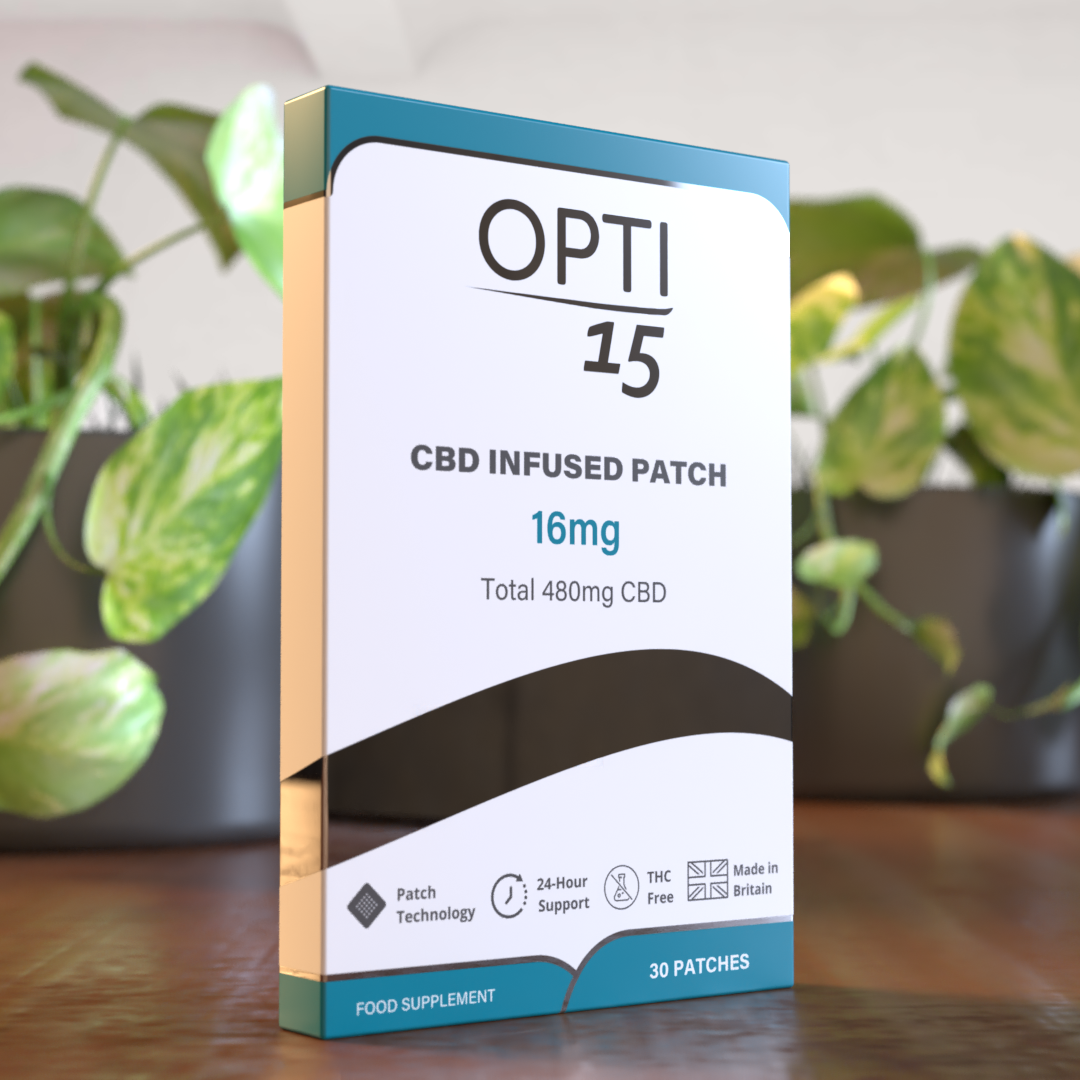How to Reduce Blood Inflammation Naturally: Diet & Habits That Work

Inflammation is a natural response to injury or infection. However, persistent blood inflammation is a concerning issue. It tends to be the root cause of several chronic diseases. If left unattended, it can lead to serious health problems. Fortunately, nutrition researchers have found various ways to fight this condition naturally. For instance, if you are unable to follow a certain anti-inflammatory diet regimen, you can always shift to another one that can be easily adjusted to your lifestyle. Through consistent diet and exercise, you can reduce blood inflammation naturally.
Types of blood inflammation:
Blood inflammation can be in two forms: Acute inflammation: This is our body's natural response to any injury or infection, like a paper cut to your finger. Its outward signs are redness, swelling, or pain that goes away with time. This is an indication that the body is starting its healing process after the injury. Chronic inflammation: This inflammation is low-grade but persistent. It can last for a long time, sometimes months or even years. This type of inflammation is often linked to underlying health issues such as heart disease, certain cancers, high blood pressure, etc.
What causes chronic blood inflammation:
Several causes can lead to chronic inflammation. Some of these causes occur due to unhealthy habits while others are uncontrollable factors. Common reasons are:
- Smoking
- Dietary choices
- No exercise
- Alcohol consumption
- Persistent infections
- Stress
Fortunately, through healthy habits and lifestyle changes, it is possible to lower chronic blood inflammation.
Dietary changes to reduce inflammation:
A few dietary changes to your lifestyle can play a vital role in reducing blood inflammation. There are some changes that you can make:
1. Eat higher-quality anti-inflammatory foods:
The first thing you can do to help reduce blood inflammation is to change the type of food you eat. Knowing your macros and understanding the science behind them will help you decide what foods are right for you. In easy words, replace your processed foods with more nutritious and whole foods. A pro tip for making your meal nutritious is to add color to your plate. Some common foods that help reduce blood inflammation are:
- Whole plant foods such as broccoli, kale, and blueberries.
- Omega-3 fatty acids like flax seeds, nuts, and fatty fish like salmon.
- Replacing vegetable oil with extra virgin olive oil.
2. Choose leaner plant-based/animal protein sources:
Eat more plant-based sources of protein such as soy products like tofu, beans, lentils, and nuts. For animal protein, go for leaner options like fish, chicken, and turkey. Try to avoid eating red meat and processed meats like sausages and bacon etc.
3. Regulate your fat sources:
When cooking, always use unsaturated fat sources like extra virgin olive oil. You can also use avocado oil and sunflower oil for higher-heat cooking. Avoid trans fats completely that are present in deep-fried foods. Saturated fats found in butter, fatty meats, poultry skin, and cheeses must also be avoided.
4. Portion control your meals:
If you are finding it hard to completely cut down your favourite food, you can reduce the quantity of unhealthy food that you are consuming. Cutting down calories can also help in reducing inflammation. People can be satisfied with small portions of food by eating slowly and avoiding distractions.
5. Eating earlier:
Finishing meals earlier in the day is a great way to reduce inflammation. This is because blood sugar levels, insulin, and metabolism are more cooperative earlier in the day. Also, eating food earlier helps in digestion leading to better sleep.
6. Intermittent fasting:
Intermittent fasting is a great strategy in helping you bring down blood inflammation. This allows eating food during a certain eating window and then not eating anything for the rest of the day.

Lifestyle changes for reducing chronic inflammation:
Lifestyle adjustment can play a vital role in reducing blood inflammation. Let’s discuss some key changes that you can make:
- Regular exercise: Exercise is essential in achieving optimum health for every individual. Thus, regular exercise is an excellent way to reduce inflammation. Physical activity helps improve blood circulation, enhances lymphatic flow, and overall maintains a healthy weight. All of these factors are important in reducing inflammation. One must aim for at least 150 minutes of moderate exercise per week. If you are not able to do that, a simple 30-minute walk a day is also a good and doable option.
- Get enough sleep: Sleep is important for healing and reducing inflammation. One must aim for 7-8 hours of sleep every night. Go to bed early by creating a sleep-friendly environment. Avoiding screens and making your bedroom cool and dark can enhance your quality of sleep.
- Manage your stress: Stress significantly contributes to inflammation. Engaging in activities like deep breath exercises, meditation, and yoga can help reduce stress. These practices lower cortisol levels and help reduce inflammation.
- Maintain oral health: Maintaining good oral health is linked with reducing inflammation. Brushing and flossing teeth regularly can prevent periodontal disease, which is associated with chronic inflammation. It is also important to go for regular dental check-ups.
- Manage your deficiencies: There are several ways you can deal with your deficiencies. Introducing patch supplements in your routine is a convenient solution. CBD patches for dull body aches or joint patches for helping with joint pain are a few good options,
- Quit smoking: Smoking has many disadvantages and inflammation is one of them. Too much smoking can lead to cardiovascular disorders and increase oxidative stress. It is a major contributor to inflammation. Quitting smoking will significantly reduce inflammation.
- Stay hydrated: Sufficient water intake helps in flushing out toxins from the body and maintains healthy tissues. Aiming for a minimum of eight glasses of water in a day can help reduce inflammation.
How to monitor chronic inflammation?
Monitoring inflammation is important for maintaining chronic inflammation concerns. Doctors recommend tests like C-reactive Protein (CRP) and Erythrocyte Sedimentation Rate (ESR) for monitoring inflammation in the blood. These tests check protein levels in your blood which rise when you are inflamed. Those who have chronic inflammation must regularly get tested to track how well their treatment is working.
Practical tips for implementing lifestyle changes:
Bringing in a lifestyle and diet change is quite overwhelming if done quickly. Here are some pro tips you can follow to adjust your lifestyle to reduce blood inflammation:
- Start small: Begin your anti-inflammatory journey by incorporating one or two anti-inflammatory foods in your diet each day. With time, replace unhealthy foods with healthy ones.
- Follow a routine: You can achieve great results if you create a routine and follow it consistently. Regulate your stress levels and practice techniques to relax yourself. Consistency in healthy habits will help you reduce inflammation in no time.
- Journaling: Maintaining a journal that consists of all your daily food intake and exercise routine is a great way to track whether you are on the right track.
- Consult a doctor: Before you make significant changes in your diet and physical activity, it is best to consult with your healthcare provider. This is to ensure that whatever changes you are making are appropriate for you.
- Stay educated: With food science bringing in new information everyday, it is better to stay aware of the new trends and research for reducing inflammation naturally.
Conclusion:
Reducing blood inflammation naturally is possible with effective lifestyle and diet changes. Following some natural home remedies and replacing processed foods with whole foods is a key to achieving great results. Pairing a diet with increased physical activity can bring visible changes in reducing inflammation and improve the overall health of a person. Monitoring your progress through tests and consulting a doctor before bringing in any new change in your routine is recommended. Follow some practical tips to make anti-inflammatory habits a part of your lifestyle and you are in for some great results.


